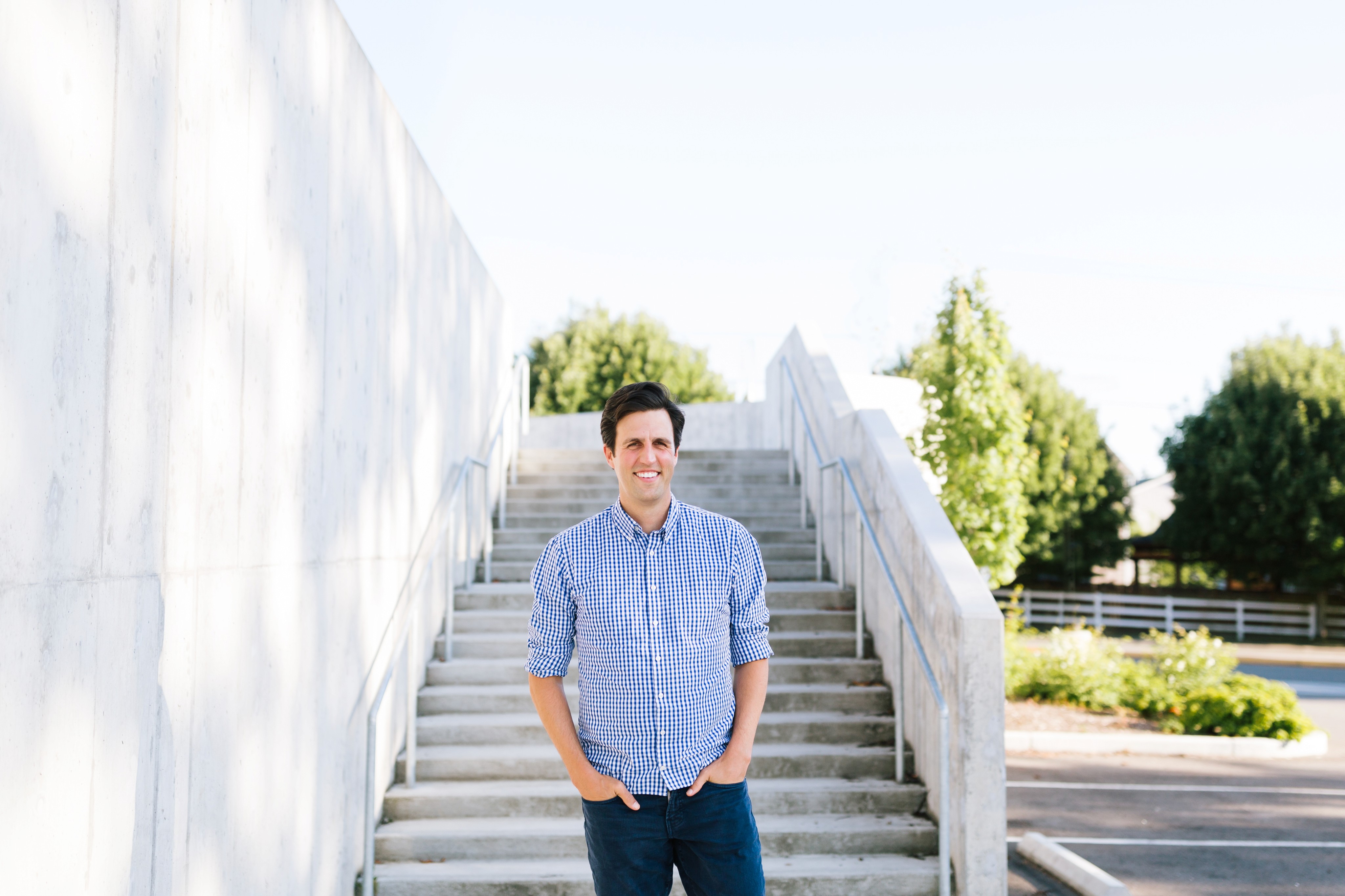Insider's Update
Sep 15, 2023

Introducing Our Policy Research Group
We have an incredible team coming together to help us keep connected with you all, and with evidence and insights from around the state and around the world. Our Policy Research Group will help us share some monthly insights into areas that we think may be especially promising -- both politically and policy-wise. We welcome your feedback or additional leads as we work through draft policy positions on key topics in the months ahead.
September Insights: Student Mental Health
This month, we're focused on student mental health. I put out a paper on the topic describing how we can ensure everyone has access to care in the state for ~$40/student. This will be a big part of stemming the tide of clinical anxiety and depression, as well as adolescent suicide (reported as attempted by one in ten WA adolescents).
The team dove further into cell phones and social media this month. After reviewing dozens of leading articles, cases, and examples, especially the surgeon general's advisory on social media, we are suggesting a couple policy ideas for your thoughts and consideration:
Equipping teachers with the ability to secure cell phones in the classroom, based on research that student lose a grade-and-a-half of learning under the status quo in which there are no clear or strong policies about usage during the classes most of our students attend.
Per the surgeon general's advisory, enforce the existing age restrictions on social media usage, and consider increasing the age for access. I like the idea of treating social media access like driver's licensing -- there is a strong education component that leads to access at an age-appropriate time.
Parents, teachers, and students have indicated this is an issue of highest priority, and they feel left alone in trying to deal with it. Let us know what you think of our initial research (below), and our ideas to bring people together around solutions.

Today’s Challenges on Youth Mental Health
Washington Youth Mental Health: Over half (58%) of Washington adolescents experience anxiety and/or depression with 9% of youth in Washington grades 8-12 having attempted suicide in the last year.1
Surgeon General Advisory on Social Media: Adolescents who spend more than three hours per day on social media face double the risk of experiencing poor mental health outcomes, such as symptoms of depression and anxiety; yet one 2021 survey of teenagers found that, on average, they spend 3.5 hours a day on social media.2
Negative Impact of Cell Phones in the Classroom: Cell phones have been shown to be a distractor in the classroom with 92% of students admitting to using cell phones for unrelated activities in the classroom3, which has shown impacts of a full letter grade and a half decrease in test scores.4
Hypothesis on Potential Solutions
Washington Youth Mental Health: Washington State Children’s Alliance suggests we can improve Youth Mental Health by supporting families on seeking care, increase provide availability, decreasing cost of care, and improving effectiveness of care.1
Surgeon General Advisory on Social Media: Surgeon General suggests negative impacts of social media can be mitigated through teaching intentional use through media literacy education and enforcing existing age restriction policies.2
Negative Impact of Cell Phones in the Classroom: UNESCO suggests that student achievement outcomes can improve through the restriction of cell phone usage in the classroom to only activities that support learning.5
Potential Impactful Solutions
Washington Youth Mental Health: Expanding successful local initiatives can address the majority of the youth care gap within a year1
Surgeon General Advisory on Social Media: Media literacy education has high correlation to improved psychological well being, personal growth, self acceptance6 as well as improved response to negative online behavior.7 Limiting use of social media during ages of adolescent brain development has shown improve in life satisfaction.8
Negative Impact of Cell Phones in the Classroom: Restricting non-learning cell phone usage in the class (e.g., cell phone lockers, cell phone usage policies) can improve test scores up to a full letter grade and a half.4
Outside of (Though Related to) the Campaign
I just kicked off my first week of teaching this school year with two Theory of Knowledge classes at Rainier Beach High School, so I'm seeing firsthand the incredible talent of students, the challenges they and their educators face, and the opportunities for incredible progress.
My book came out and is the top release in the category of non-profit organizations and charities!
Sources:
Surgeon General’s Advisory on Effects of Social Media use on Youth Mental Health
Publication in College Teaching on the Use and Abuse of Cell Phones in the Classroom
Publication in Communication Education on the Impact of Mobile Phone Usage on Student Learning
Publication in Journal of Education and Health Promotion on Media Literacy
Publication in Journal of Medical Internet Research on Media Literacy
Publication in Nature on Social Media usage during Early Developmental Windows